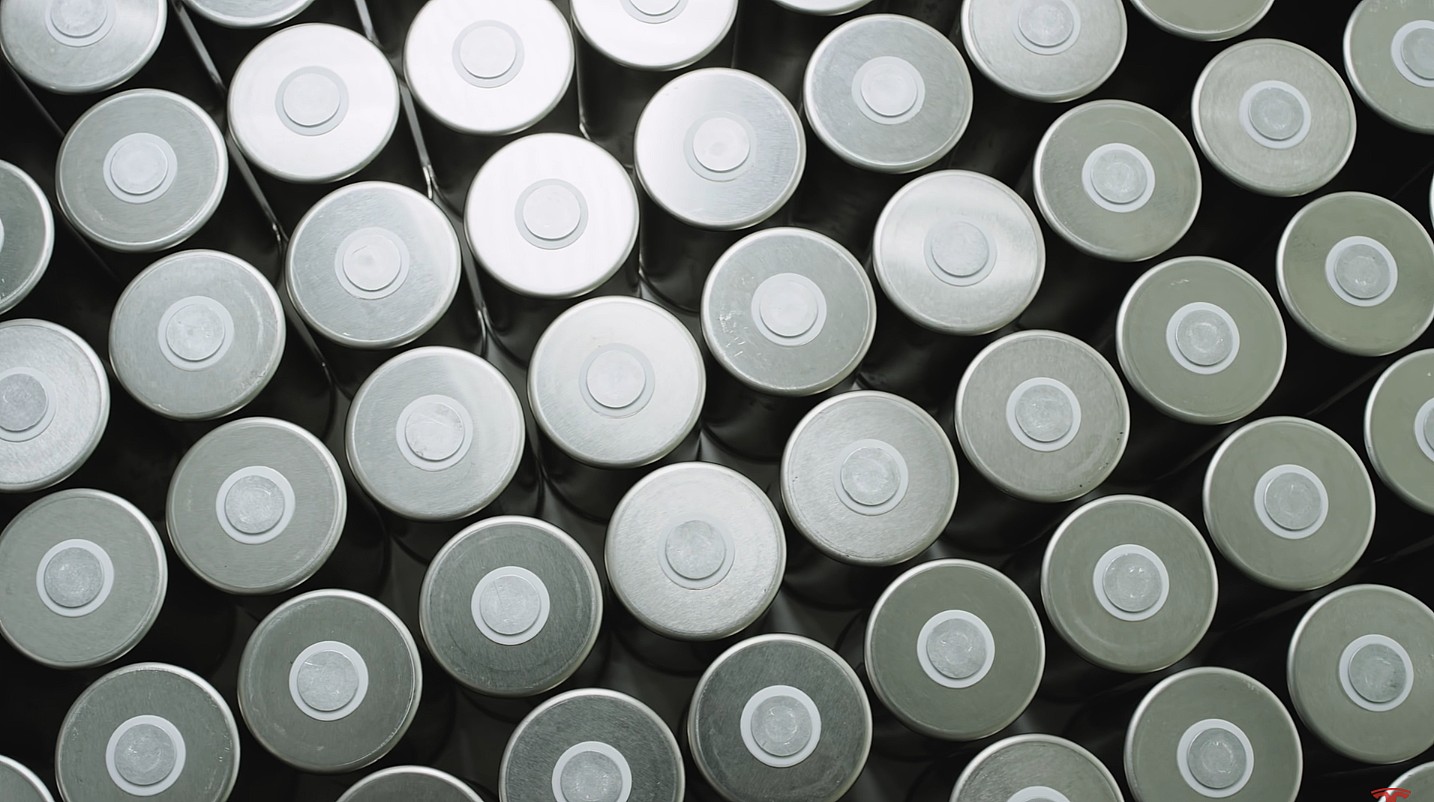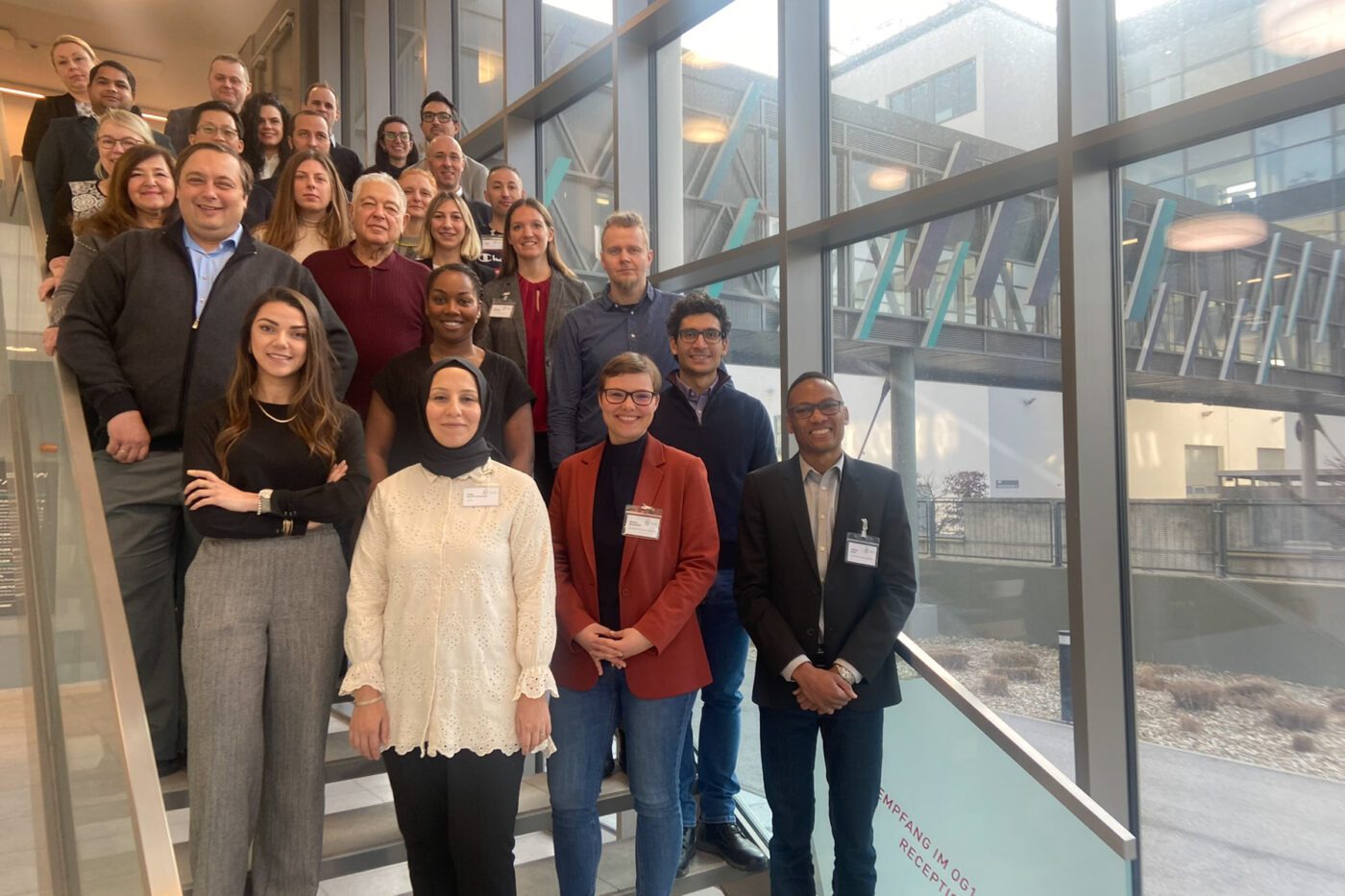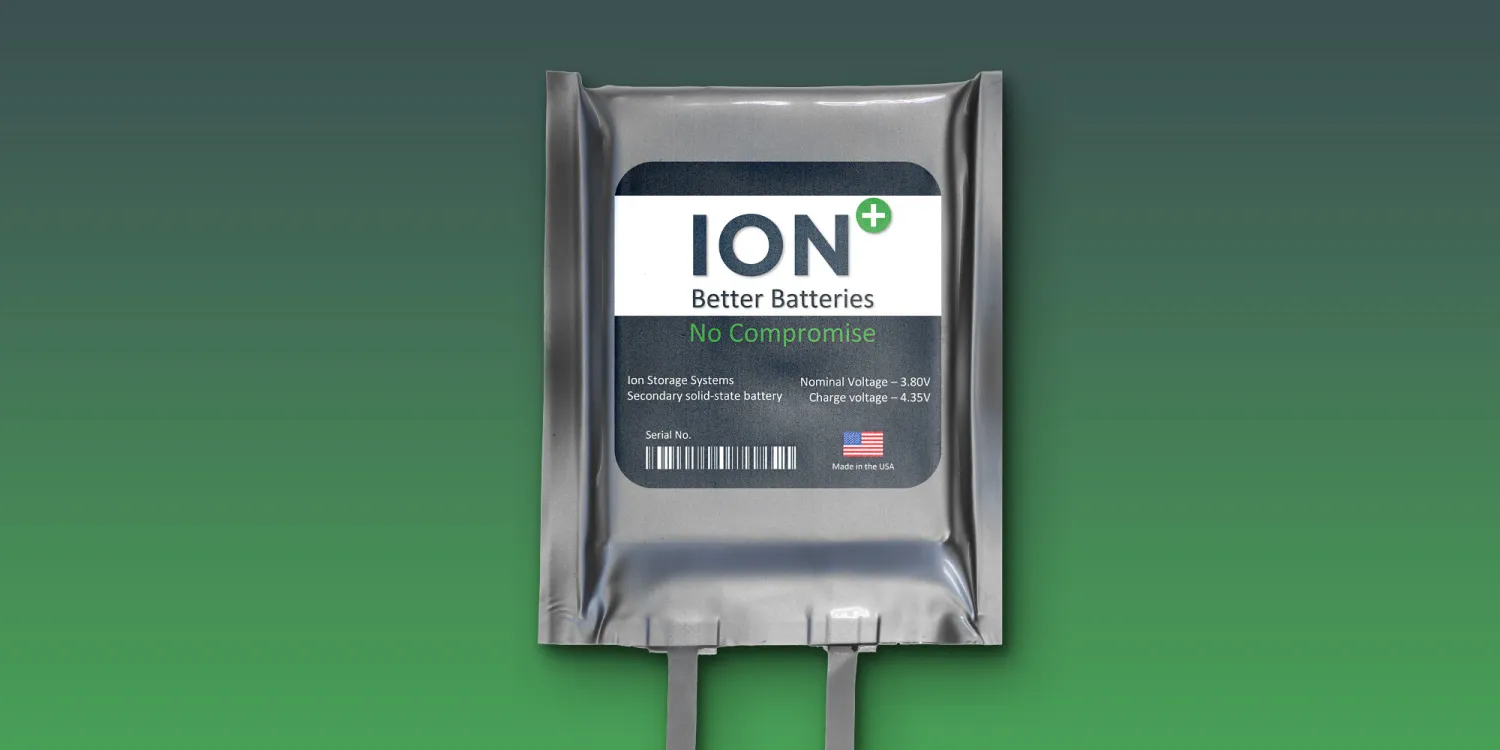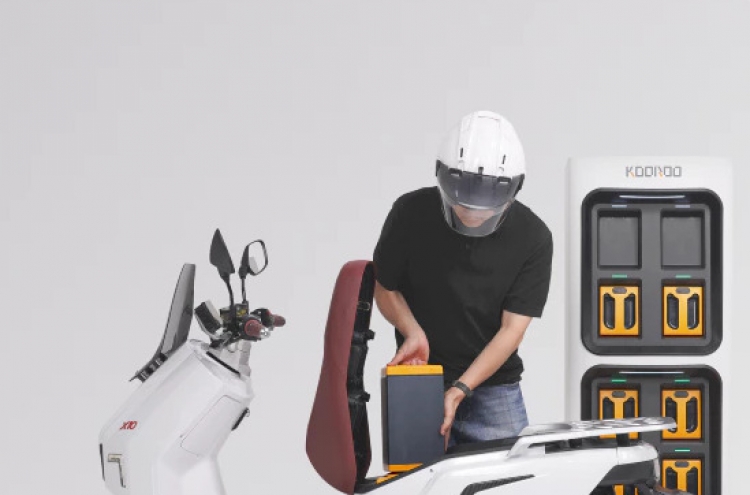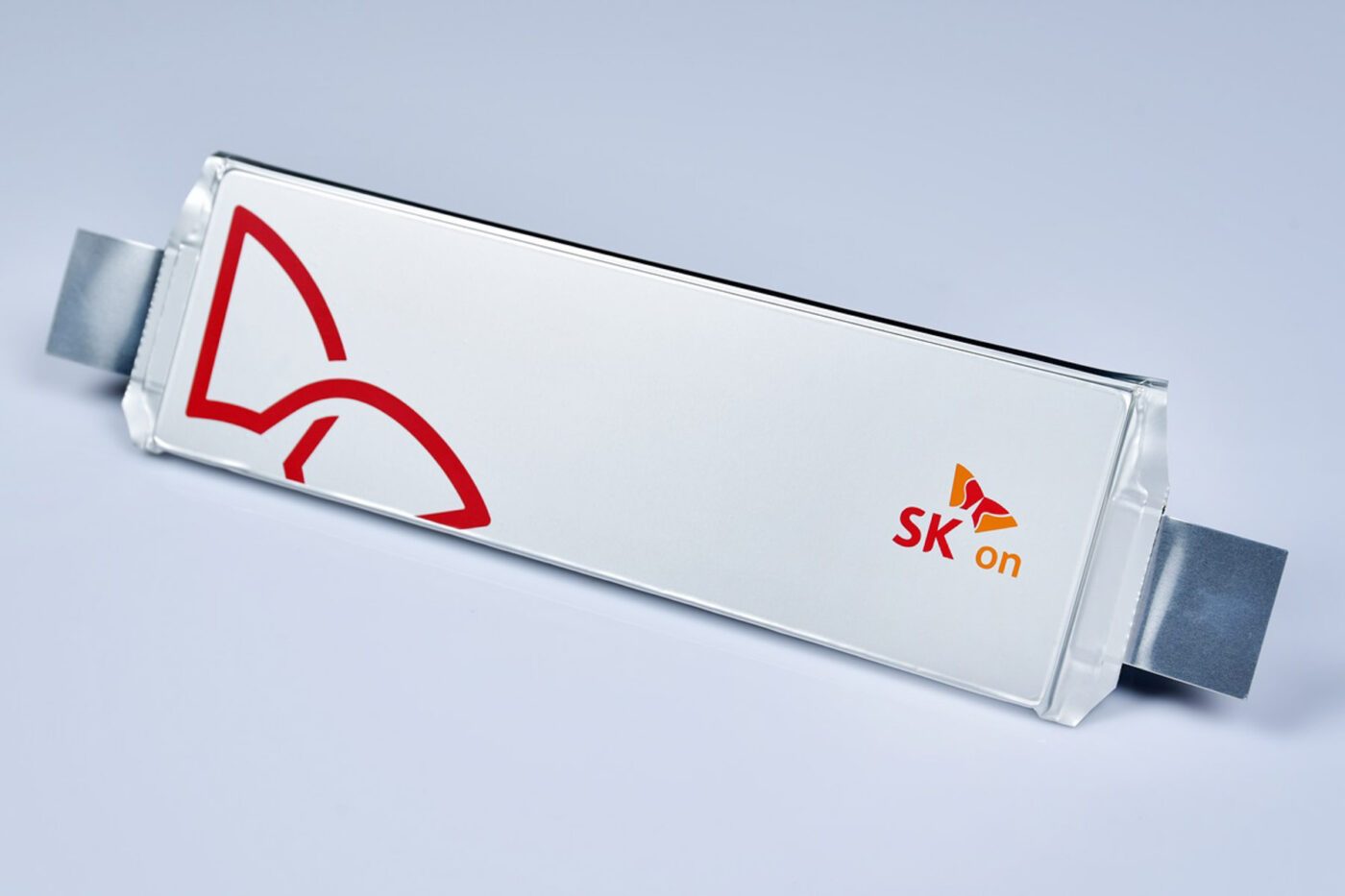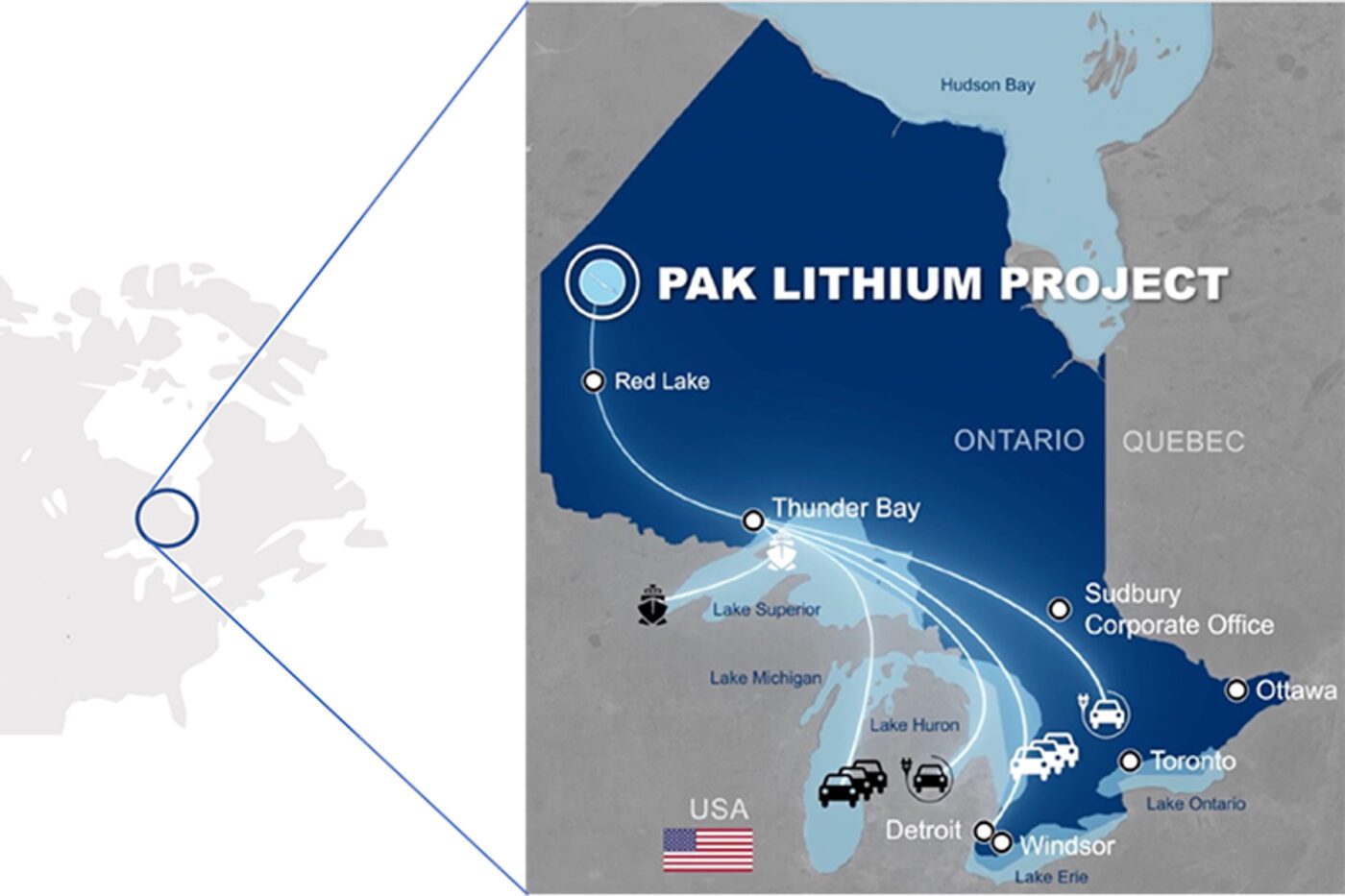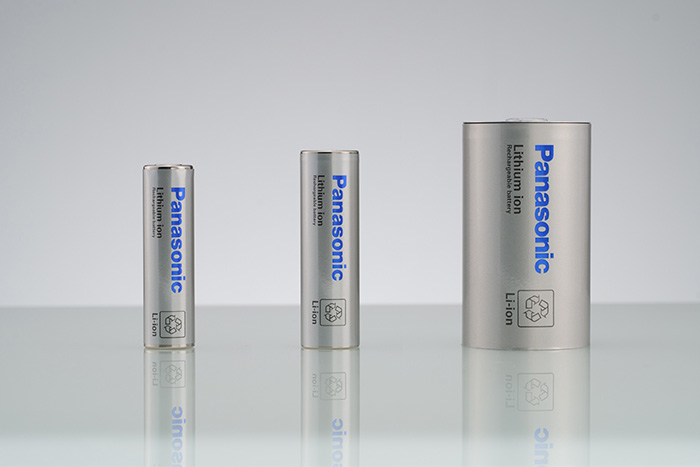Tesla has reportedly agreed to buy battery ingredients from South Korean company EcoPro Materials Co. to meet US requirements for federal tax credits for clean vehicles, according to a report by The Korea Economic Daily.
EcoPro Materials, a precursor maker, announced on Monday that it has signed a mid- to long-term supply contract with the US automaker. However, the company did not disclose specific details such as the name of the client or the size and value of the transaction.
See also: CATL’s M3P Battery Likely to Power Tesla Models
“We will supply (materials) based on the customer’s request and discussions,” said EcoPro Materials, a unit of South Korea’s major electric vehicle battery materials producer, EcoPro Group.
Sources familiar with the matter revealed that the more batteries Tesla produces, the more precursors EcoPro Materials will supply. Negotiations between the two companies have been ongoing since last year, and the deal is likely with Tesla, as the American company is the only electric vehicle manufacturer known to enter into such supply agreements.
See also: Tesla Reportedly Plans Battery Plant Expansion in Nevada, Utilizing Equipment from CATL
“Tesla usually signs deals without minimum purchase volume guarantees as the company avoids any inventory issues by buying only what it needs according to demand,” said one source.
To qualify for the federal tax credit of up to $7,500 per vehicle, battery materials purchased from foreign businesses, including China, are disqualified, according to the Internal Revenue Agency (IRA). Precursors, which are the main material for cathodes, constitute about 70% of the manufacturing costs of the positive end of a lithium-ion battery.
See also: Tesla Secures Land in Shanghai for Megapack Battery Plant, Production to Commence in Late 2024
EcoPro Materials has announced investments in new facilities, including a precursor production line, to meet growing demand by August 2025. Tesla is expected to source more materials from South Korean suppliers as it increases production of 4,680 battery cells, according to industry sources.

